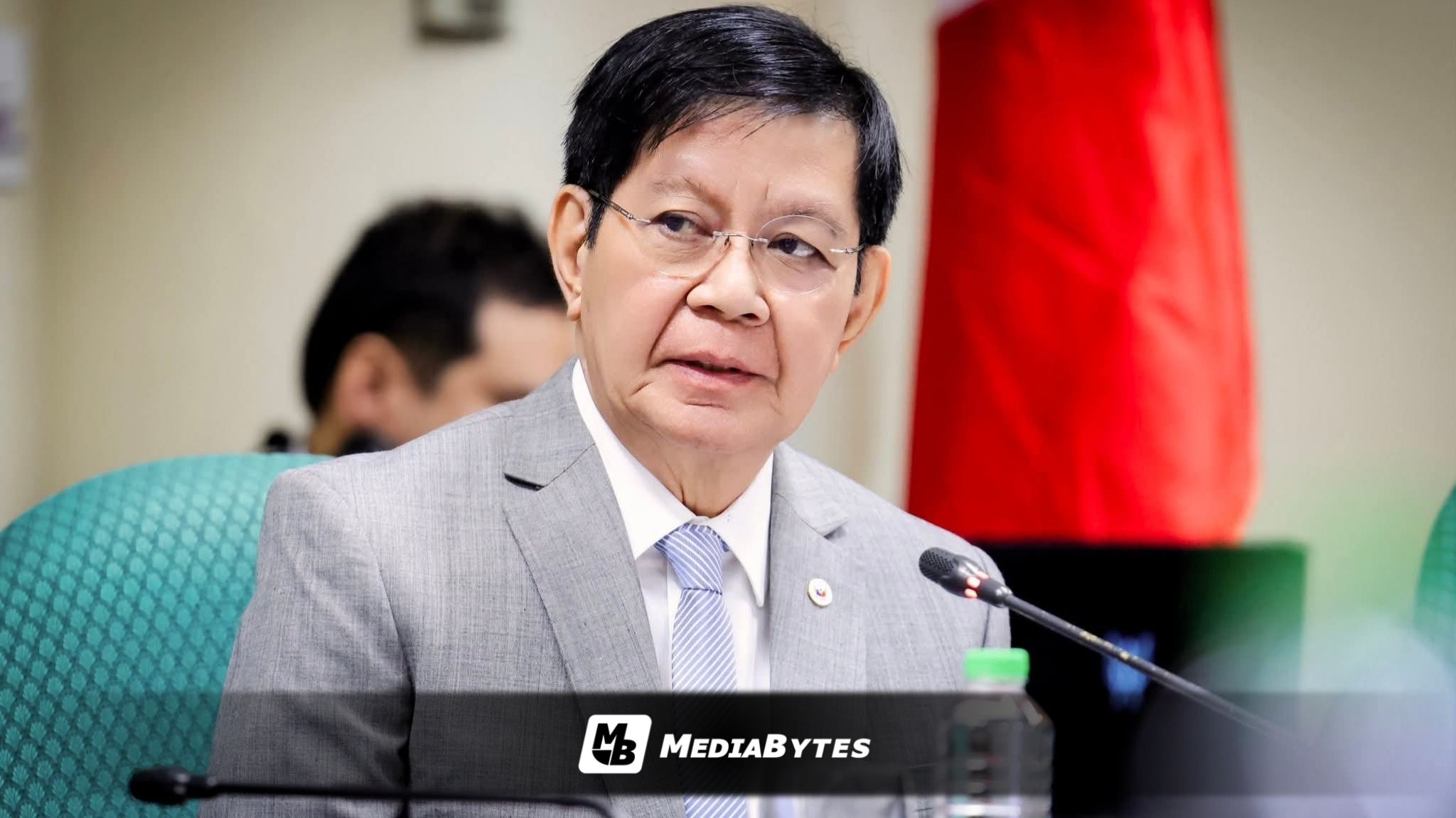Senate President Pro Tempore Panfilo “Ping” Lacson expressed deep frustration over what he described as the deeply entrenched corruption within the government’s infrastructure program. He said that given the widespread irregularities — from flood control projects to farm-to-market roads — it now seems easier to ask “who is not involved” than “who is guilty.”
“Reviewing the piles of ‘classified’ DPWH documents which I shared with my staff, we all wondered aloud if the more appropriate question to ask is, ‘Who is not?’ rather than, ‘Who is guilty?’ So sad to realize how widely corrupt our government infrastructure program has gone,” Lacson said in a post on X (formerly Twitter) on Thursday.
Lacson’s statement came after reviewing documents from the Department of Public Works and Highways (DPWH), which he had earlier flagged for systematic anomalies involving substandard and even “ghost” flood control projects.
According to the initial report of DPWH Secretary Vince Dizon, the DPWH, Department of Economy, Planning and Development (DepDev), Philippine National Police (PNP), and Armed Forces of the Philippines (AFP) identified at least 421 out of more than 8,000 flood control projects as “ghost projects” — those with no actual implementation.
Lacson also echoed Senator Win Gatchalian’s earlier revelation that over ₱10 billion worth of farm-to-market roads in the 2023 and 2024 budgets were excessively overpriced — with some projects costing up to 23 times higher than the DPWH’s standard estimates.
In his previous privilege speeches, Lacson exposed several DPWH officials allegedly stealing public funds and using them for gambling and other money-making schemes that, according to him, operate at all levels within the agency.
The senator confirmed that he had turned over all gathered evidence from the Senate Blue Ribbon Committee hearings to the Independent Commission for Infrastructure and the Department of Justice (DOJ) for case filing against those involved.
Lacson stressed that his fight against corruption will not end with his resignation as committee chair, reaffirming his long-standing commitment to accountability and integrity in public service.



